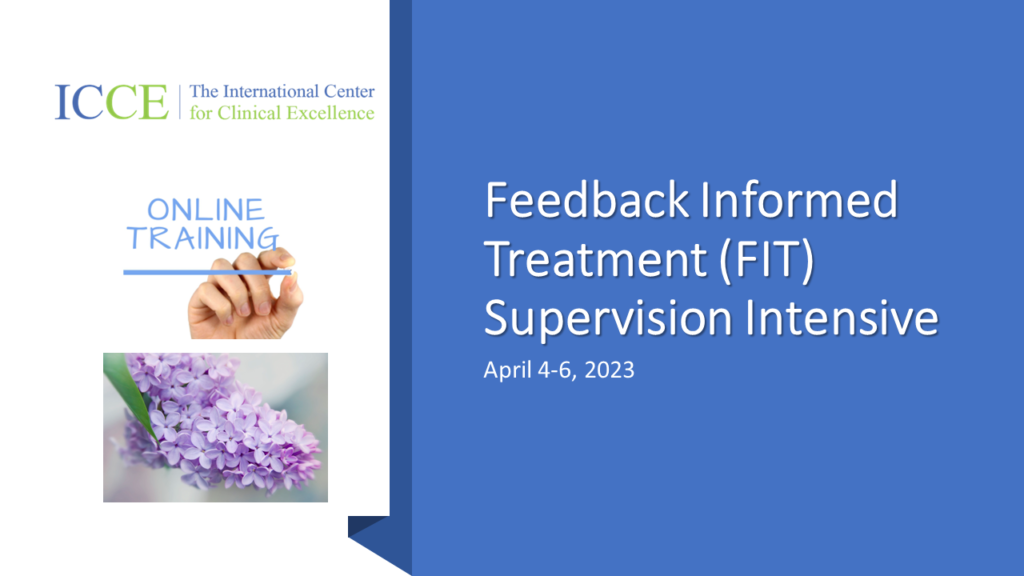
I’ve never been enthusiastic about categories, whether aligning myself with a particular therapeutic approach or assigning a diagnostic label to a client. Any order achieved seemed to come at the expense of freedom and possibility.
Lately, however, I’ve found myself feeling an affinity for a particular classification scheme. Maybe its my age. In July, I turn 65. On that birthday, I will have worked as a psychologist for longer than I had been alive when I entered the profession! And according to psychoanalyst Erik Erikson — a person whose work I’ve not thought about since my undergraduate days — that puts me at the doorstep of the eighth, and last stage of psychosocial development: integrity versus despair.
I’d forgotten Erikson coined the term, “identity crisis.” It was central to his theory of personal growth. The nature of the dilemma one faced was different at each stage. Successful resolution led to the development of character strengths a person could use to manage life and circumstance; failure, to an unhealthy sense of self and reduced capacity for fulfillment.
From the time I first heard them, Erickson’s “stages” had struck me as similar to a horoscope. You know, statements that feel personalized and specific but in fact are so vague and general they apply to everyone. That said, with fewer years of my professional life ahead of me than behind, that last stage had started speaking to me. More and more, I found myself thinking about where we were as a field, if we had made any progress and could feel proud of our work?
The challenges were stark, and frankly overwhelming. To name a few:
*An unprecedented rise in the number of people suffering from mental and emotional problems;
*No improvement in the outcome of psychotherapy over the last 50 years;
*No evidence that traditional training models or clinical experience (e.g., diagnostic specific treatments, ongoing supervision, licensing, mandated continuing education) contributes to clinician effectiveness despite widespread belief and regulation to the contrary.
Erikson maintained that each person must learn how to hold both extremes of each specific life-stage challenge in tension with one another, not rejecting one end of the tension or the other. How, I wondered, could anyone not give into despair in light of the facts noted above?
That’s when I reached out to my longtime, colleague, mentor and friend, Dr. Bruce Wampold. Together, we confront the the present and future state of psychotherapy research and practice. Should we feel discouraged or hopeful? Listen for yourself.
Until next time,
Scott
Scott D. Miller, Ph.D.
Director, International Center for Clinical Excellence
P.S.: Registration for the upcoming FIT Supervision intensive is open. It’s one of the courses required for certification as a FIT practitioner and trainer. Join colleagues from around the world to learn the approach shown to improve individual clinician outcomes.


I listened to your interview on the Adventure Therapy Podcast and found myself resonating strongly with everything you said.
What I do is a tiny insignificant drop in the ocean and hopefully through pearls of wisdom gained from the ocean of others collective experience a few of my clients will benefit too.
I will surely read more of your works and experience. Thank you for sharing.
“Two Aspects are Preventing Psychotherapy from Being More Effective.” Just 10 pages. Not written in “academese.” Appears in the Society for the Advancement of Psychotherapy website. The two aspects are two self-inflicted blind spots that are preventing our beloved profession from advancing as a science. https://bit.ly/3yisRHA
Thank you for this stimulating interview which gives just a snippet of the research evidence about the lack of progress in psychotherapy outcomes over the last 50 years. You highlighted that the most important factor in getter better outcomes is the skill and confidence of the therapist delivering the treatment & that this has only recently begun to be studied. These studies show that the most effective therapists achieve commendable outcomes across a range of clients because they’re flexible & have a set of sophisticated interpersonal skills that are evident when emotion is really interpersonally challenging. You discussed that these facilitative interpersonal skills have not been taught to date & that they can & must be taught using Routine Outcome Monitoring (ROM) & Deliberate Practice (DP). The realistic fact is that doing ROM & DP will not result in a paradigm changing event in the evolution of psychotherapy. It will marginally improve the quality of care if used properly. But this marginal improvement has a great impact on the outcomes of care – which must become our primary focus. As you mentioned in your recent book “Better Outcomes”, getting better results one client, one therapist, one supervisor at a time, is a marathon not a sprint.
As a practicing Psychologist for over 54 years, I am well into the eighth stage. I find myself on a collision course with our regulators, which is causing despair and am battling to maintain my integrity. This discussion was very helpful in articulating the issues facing our profession. I was drawn to FIT because like you Scott, I saw the different treatment models come and go, without appearing to add any extra benefit.
I find myself an outlier, and that has in part led to my brush with the regulators. But I also see a greater willingness in clinicians to be more adaptable and responsive to the needs of clients, more focused on the relationship . I am wondering if the response of the regulators, who seem to be becoming more prescriptive, is a response to more conservative practitioners feeling like their territory is under threat.
thank you for this. thought-provoking and stimulating.
A further thought. Traditional scientific theories are based on the assumption that the object of study retains its properties over time. Every person’s experience is unique and should be invited to speak for itself. FIT fits very nicely into this perspective. Viewing human experience though the lens of a theory simply will not do.